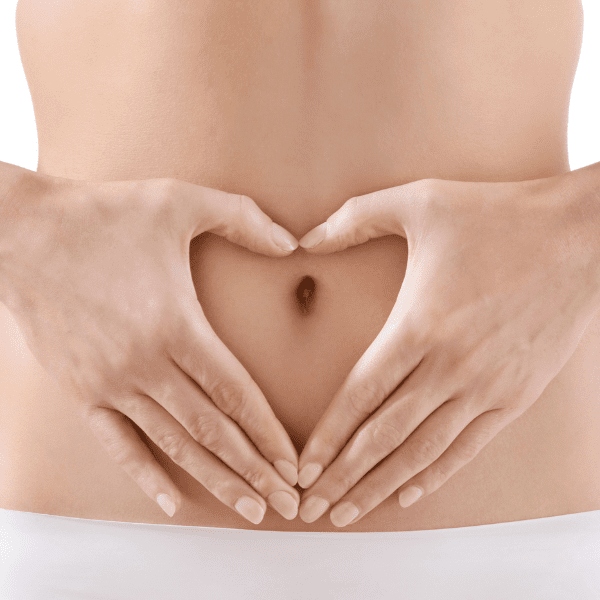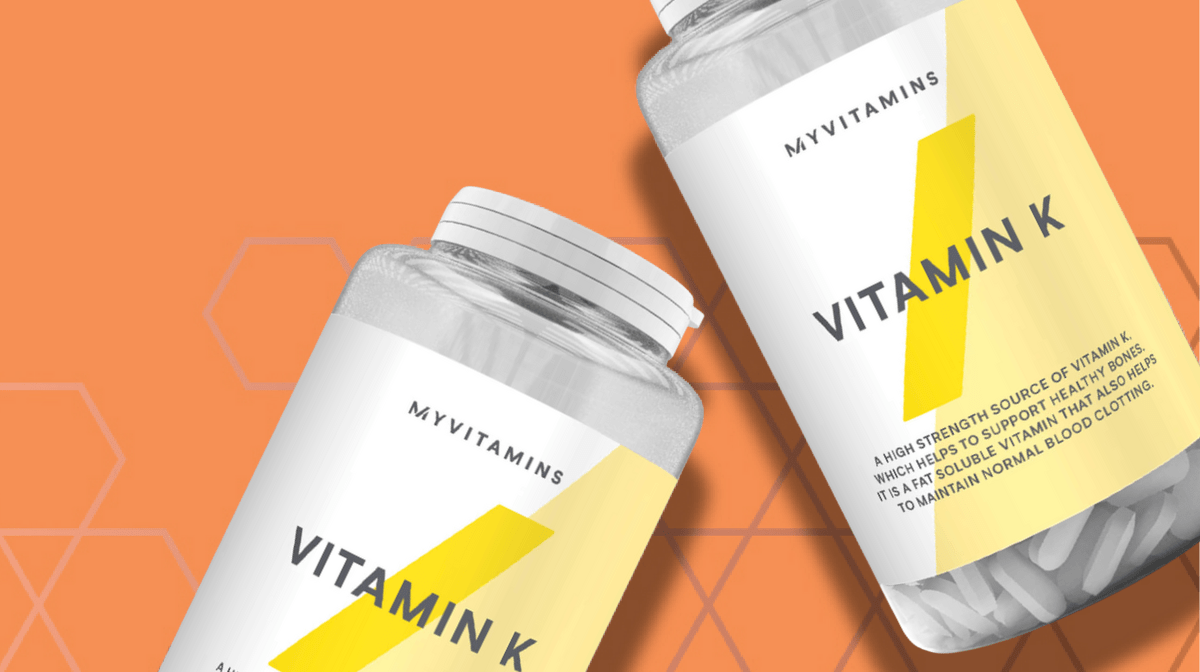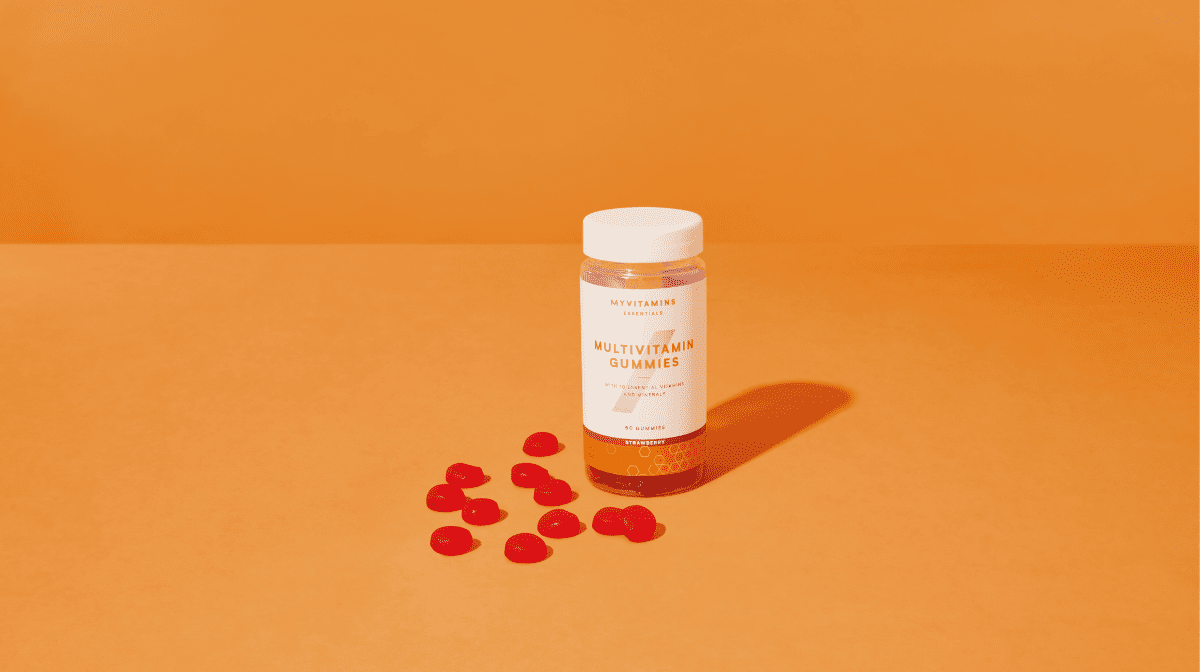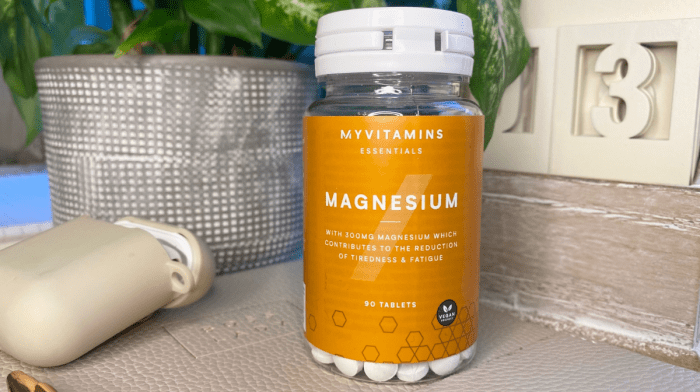Research by the National Sleep Foundation found that one of the most common causes of insomnia is anxiety. (1) But what does this have to do with our hormones and how can this help us get a better night’s sleep? Read on to find out.
Why Do We Need Sleep?
Our bodies use sleep to rest and recover. During the day, new experiences help our brain cells to build connections. Whilst we sleep, these connections are developed and strengthened. A good night’s rest is also essential for energy conservation, insulin function and of course, emotional wellbeing.
How Does Sleep Affect Your Hormones?
Hormonal changes in the body mean that anxiety and sleep can become connected in a continuous cycle. Periods of stress cause surges in the stress hormones cortisol and adrenalin as well as increased blood pressure and a rapid heart rate. These symptoms make relaxation and ‘switching off’ extremely difficult. The consequent lack of sleep increase our levels of cortisol and the cycle begins again.
Sleep deprivation affects other hormones too. Insomnia decreases our levels of leptin (the hormone that tells us we’re full) and increases our levels of ghrelin (a hunger-stimulating chemical.) These imbalances can cause a whole host of symptoms including weight gain, mood swings and more.
Hacking Your Sleep Hormones
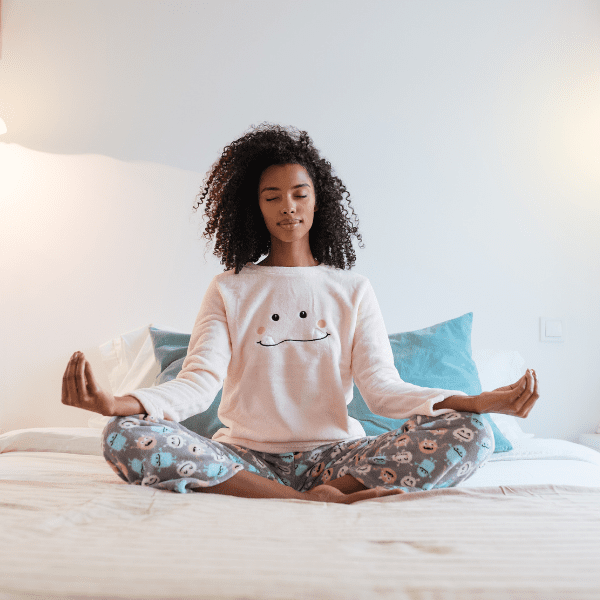
Cortisol
It may sound obvious, but the best way to lower our cortisol levels is to relax. Finding new ways to unwind including breathing exercises and writing down any thoughts before sleep can help.
Our cortisol levels have also been linked to nutrition. Reducing sugar intake, drinking plenty of water and adding probiotics to our diet can all have a positive effect.
Serotonin
Serotonin, also known as the ‘happy hormone,’ plays a major role our nervous system and also impacts (non-REM) deep sleep. This neurotransmitter is also the pre-curser to melatonin, the hormone which initiates sleep. Melatonin is secreted by the brain in a response to night-time and signals to the entire body that it is time to sleep.
Natural Ways To Increase Serotonin
- Get outside. Sunlight is not created equal – the light between 6.00 am – 8.30 am provides the greatest benefit.
- Move your body in a way that feels good. Regular exercise can have mood-boosting effects.
- Consider meditating, which can greatly boost serotonin levels. Studies also show meditation to be an effective treatment for insomnia.
- Tryptophan is the amino acid that helps to form serotonin. You can use a supplement to boost your natural Tryptophan levels, such as Myvitamins 5HTP.
- The conversion process between amino acids and serotonin requires adequate levels of folic acid, B6, vitamin C and zinc. These can be found in beef, broccoli, cashews, chicken, chickpeas or supplements.


